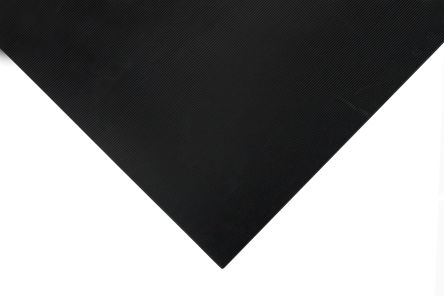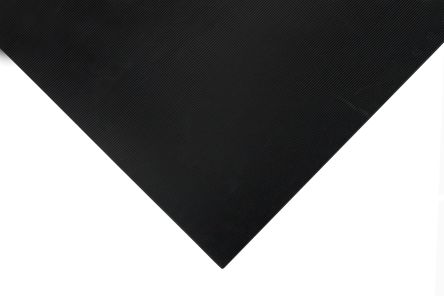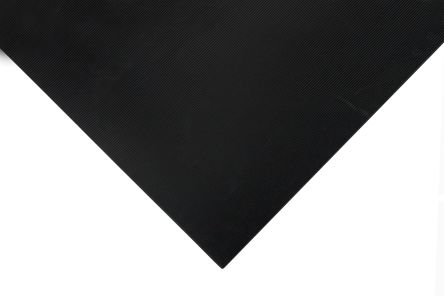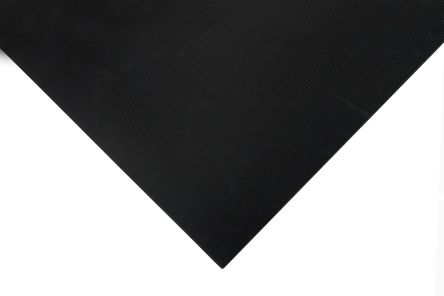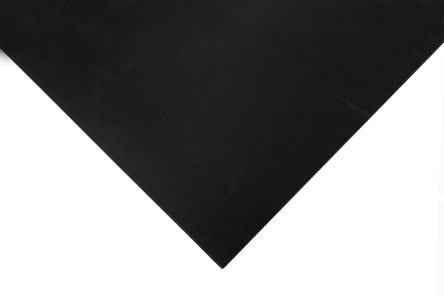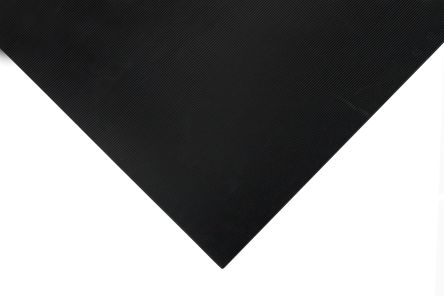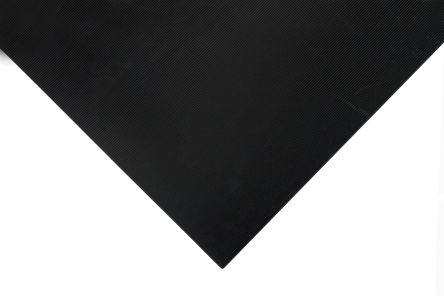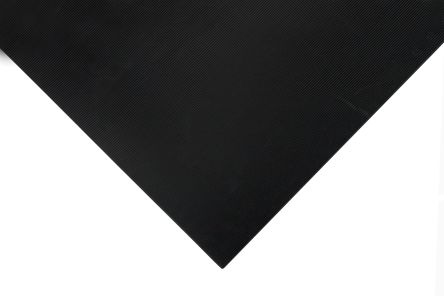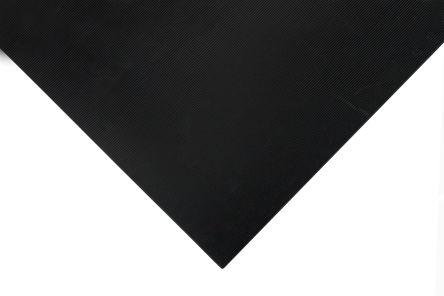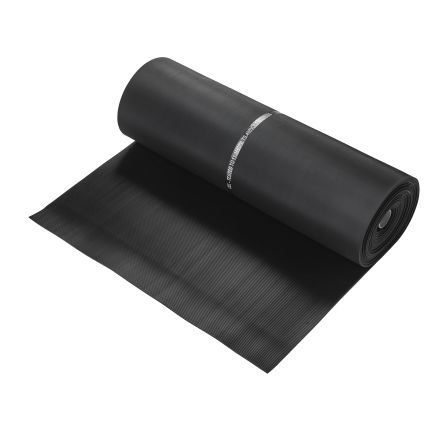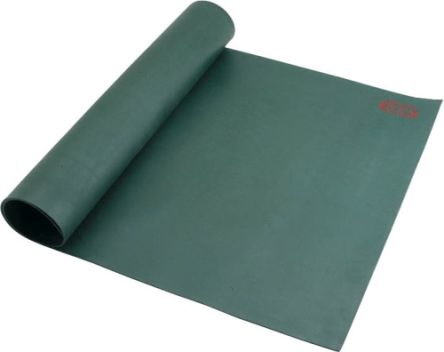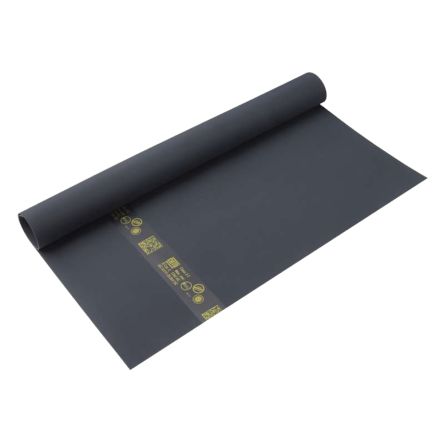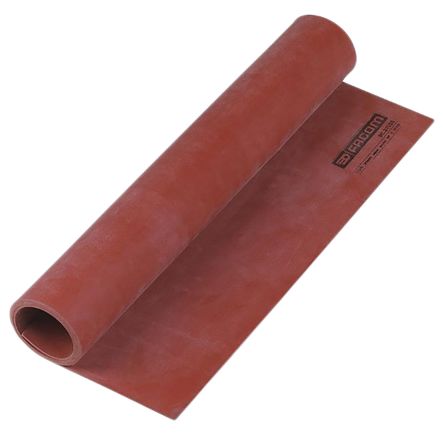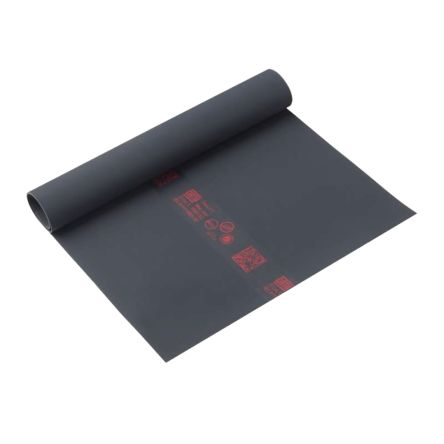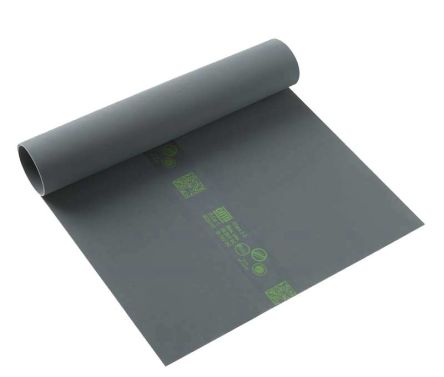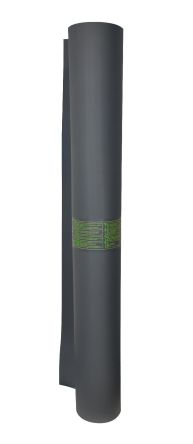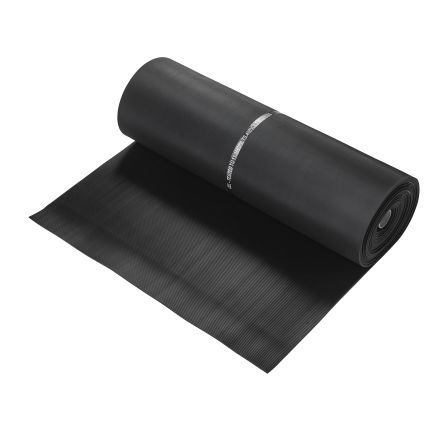- Automation & Control Gear
- Cables & Wires
- Enclosures & Server Racks
- Fuses & Circuit Breakers
- HVAC, Fans & Thermal Management
- Lighting
- Relays & Signal Conditioning
- Switches
- Batteries & Chargers
- Connectors
- Displays & Optoelectronics
- ESD Control, Cleanroom & PCB Prototyping
- Passive Components
- Power Supplies & Transformers
- Raspberry Pi, Arduino, ROCK, STEM Education & Development Tools
- Semiconductors
Electrical Safety Mats
Electrical safety mats, also known as safety mats, electrical insulation mats or switchboard matting, are vital pieces of protective equipment that provide safety from high voltages. These electrical safety mats must comply with certified industry standards to ensure adequate protection. When working with electricity near machinery or live switchboard equipment with high voltages, it is crucial to use electrical safety mats or electrical matting to prevent accidents. These mats protect against high-voltage shocks, ensuring the health and safety of workers in potentially hazardous environments.
What is an Electrical Safety Mat?
It is an electrically insulated rubber mat, commonly referred to as an insulated mat or insulated matting, specifically engineered to shield you and those around you from the risk of electrical shocks. This insulation mat acts as a protective barrier, safeguarding individuals working in environments where they may encounter live electrical equipment or faulty electrical systems. By effectively isolating individuals from potential electrical hazards, such as high voltage shocks, this electrical safety mat plays a crucial role in ensuring workplace safety.
Application and Importance of Electrical Safety Mats
Electrical matting, safety mats or insulator mats, are indispensable in environments where the risk of electrical shocks is high. These mats are essential across industries including manufacturing, construction, and utilities, where workers are exposed to live electrical equipment or circuits. In industrial settings, such as factories or power plants in the Philippines, where machinery and electrical systems operate at high voltages, the use of electrical safety mats is crucial in protecting workers from potential electrical hazards. Similarly, in construction sites where workers interact with electrical tools and installations, these safety mats serve as a vital safety measure, minimizing the risk of electric shocks and ensuring a secure working environment.
Choosing the Right Electrical Safety Mat
When selecting a safety mat, several factors should be carefully considered to ensure optimal protection and compliance with safety standards. Firstly, understanding the voltage level of the electrical equipment or environment is crucial. Safety mats are classified based on their ability to withstand different voltage levels, so it's essential to choose a mat that can handle the specific voltage that’s present in the workplace. For example, in environments with higher voltages (e.g., mat 1), selecting a safety mat designed for such conditions is crucial to ensure adequate protection against electrical hazards.
Additionally, considering the mat's classification is important, as it determines its suitability for various applications and environments. Different safety mats may have different classifications, such as those designed for general use (e.g., mat 2) or specialized applications. Certification is another crucial factor, as it guarantees that the safety mat complies with relevant industry standards and regulations.
Lastly, additional factors such as material quality, size, thickness, and surface texture should be evaluated to ensure durability, comfort, and slip resistance. By considering these factors, including the specific classifications like mat 1 and mat 2, you can select the most suitable safety mat for your intended application, providing effective protection against electrical hazards.
Recognized Industry Standards
Safety mats have to meet specific standards to ensure their effectiveness in protecting against electrical hazards. Two primary standards for electrical matting are IEC 61111 and BS EN 61111 (electrical matting). These standards outline the requirements for insulating mats used in electrical installations or equipment. Compliance with these standards also ensures that the mats provide adequate electrical insulation and are capable of withstanding the specified voltage levels, minimizing the risk of electrical shocks and ensuring user safety.
Certification according to these standards is essential as it verifies that the mats have undergone rigorous testing and meet the necessary criteria for electrical insulation performance.
Safety Mat Classes
Safety mats come in different classes, each designed to provide varying levels of voltage protection. Here's a breakdown of the classes and their corresponding maximum working voltages:
- Mat Class 0 (Red): With a maximum working voltage of 1000 V, Class 0 mats offer basic protection suitable for low-voltage environments.
- Mat Class 1 (White): These mats provide protection up to 7500 V, making them suitable for environments with moderate voltage levels.
- Mat Class 2 (Yellow): Class 2 mats offer protection up to 17000 V, making them suitable for environments with higher voltage requirements.
- Mat Class 3 (Green): These mats can handle maximum working voltages of up to 26500 V, offering enhanced protection for high-voltage environments
- Mat Class 4 (Orange): With a maximum working voltage of 36000 V, Class 4 mats provide robust protection for extremely high-voltage environments
In addition to voltage protection, safety mats are available in various sizes, thicknesses, colors, and surface types to suit different application requirements. For added safety, anti-slip safety mats are also available, providing traction to prevent slips and falls in work environments.
RS Philippines Range of Safety Mats
Looking for a comprehensive selection of certified safety mats to ensure workplace safety? Look no further than RS Philippines! We've got you covered with a wide range of options. From standard mats to specialized solutions, we offer certified safety mats designed to meet various industry standards and requirements. Our expert team is here to assist you in finding the perfect safety or insulated mat for you. Reach out to us today to create a safer work environment!
